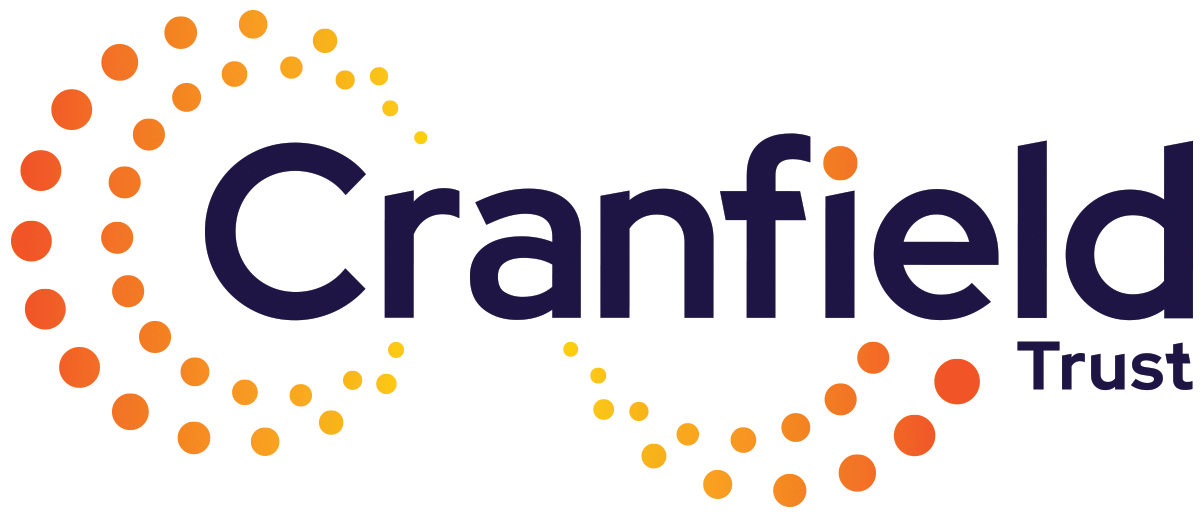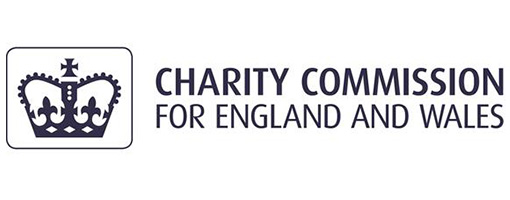A new report published by Cranfield Trust reveals the highs and lows of charity management over the last five years.
Named ’Five years of insight and impact: Cranfield Trust’s Journey to Excellence’ , it draws on five years of assessment data from over 600 charities from across the UK.
The report identifies clear trends in charity leadership confidence, strategic capacity, and areas of ongoing vulnerability – including succession planning, income strategy, and digital capability.
The report draws on data from Cranfield Trust’s Journey to Excellence (J2E) performance and evaluation framework assessments from the last five years of 645 pre- consultancy project and 541 post-consultancy project J2Es with charities across four income brackets.
Confidence in strategic direction
Report findings include revelations that confidence in strategic direction has dipped but remains a top priority.
It found that leaders appear to have been less confident in setting strategy and developing business plans over the last five years, looking at findings from charities before they have worked with Cranfield Trust support.
The findings show a 10% fall in scores between 2020 and 2025 in responses to questions about having a clear and recent strategy, and a corresponding drop in organisations having up-to-date business plans.
Strategic and business planning remains the most in-demand area of Cranfield Trust’s consultancy, representing 82% of assessments in 2024
It also found that succession planning is a critical gap: Across charities of all sizes, there’s a lack of charity leader confidence in succession planning, which raises concerns for long term sustainability and sector leadership continuity
And board diversity was often seen in policy but not practice. Charities scored themselves highly on holding DEI policies, but low on having a diverse Board – except the smallest charities.
It highlighted that new initiatives such as Board Racial Diversity UK will provide needed support in increasing Board diversity
Further findings showed that confidence in fundraising/income generation strategies has declined steadily, reflecting rising competition for funds, the winding down of some funder programmes, and ongoing economic uncertainty. Reserve levels also dipped in the last year, linked to the impact of the cost-of-living crisis and energy price rises
In addition, digital strategy remains underdeveloped. Most charities scored very low on having an IT/digital strategy, across the past four years, highlighting a growing digital gap between the charity and commercial sectors
And finally, it found that there was often clarity of purpose and Board/Chief Executive alignment.
Charity leaders are clear about their purpose, maintaining their focus despite external pressures, and report strong alignment around purpose between their CEO and Board.
The next generation of leaders
To start to address the gaps in succession planning, Cranfield Trust is developing services to support the next generation of charity leaders. Charity Manager Blueprints identify the skills needs for management and leadership roles, and signpost to training and development opportunities.
The charity is also offering emerging leaders the opportunity to apply to take part in its Peer to Peer Exchange to be part of a supportive group, sharing their challenges in confidence, finding solutions, and working together to move their organisations forward.
Amanda Tincknell, Chief Executive of Cranfield Trust, said: “Our unique Journey to Excellence evaluation and performance framework gives us deep insight into how small to medium-sized charities are managing, and the challenges they face. Every organisation starts its journey in a different place, but taken together, these journeys give us evidence of where they feel most confident now, and how we can help them become stronger for the future.
“Our ‘Five years of insight and impact: Cranfield Trust’s Journey to Excellence’ report, tells a story of incredible resilience in small to medium charities, but also flags where sustained support and investment are most urgently needed – particularly in the areas of leadership development, succession planning, and financial sustainability.
“In our work with hundreds of charities every year, we are increasingly concerned about the pressure on Chief Executives and other charity leaders, and the lack of resources to develop emerging leaders and managers. We believe that, very widely across the sector, there is little succession planning in smaller charities, and a potential succession crisis on the horizon as established leaders step down and fewer opportunities to develop a good range of management skills are in place to support those who will take over. We’re developing our services accordingly, including launching new peer to peer support and have published practical Charity Manager Blueprints to help to navigate development opportunities.
“We know that organisations face different challenges as they grow and change, and that Cranfield Trust support can help them with different issues at different stages of their development. J2E helps us to see the measurable impact and value of our tailored and targeted consultancy support. We are proud to work alongside dedicated charity leaders to help to build their capability and confidence.”
Read the full report here
Latest News
-
More than 30 jobs at risk as hospice charity looks to close home care service
-
Christian charity’s failed bid to buy a new church breached fundraising code
-
More than 350km commuting ‘challenge’ leads to charity CEO’s departure
-
Career Path: From corporate leadership to community wellebeing
-
Mary Jane Roberts: What a board game reveals about the future of charities
-
Police confirm arrests amid abuse allegations at health charity’s hospital
Charity Times video Q&A: In conversation with Hilda Hayo, CEO of Dementia UK
Charity Times editor, Lauren Weymouth, is joined by Dementia UK CEO, Hilda Hayo to discuss why the charity receives such high workplace satisfaction results, what a positive working culture looks like and the importance of lived experience among staff. The pair talk about challenges facing the charity, the impact felt by the pandemic and how it's striving to overcome obstacles and continue to be a highly impactful organisation for anybody affected by dementia.
Charity Times Awards 2023
Mitigating risk and reducing claims

The cost-of-living crisis is impacting charities in a number of ways, including the risks they take. Endsleigh Insurance’s* senior risk management consultant Scott Crichton joins Charity Times to discuss the ramifications of prioritising certain types of risk over others, the financial implications risk can have if not managed properly, and tips for charities to help manage those risks.
* Coming soon… Howden, the new name for Endsleigh.
* Coming soon… Howden, the new name for Endsleigh.
Better Society

© 2021 Perspective Publishing Privacy & Cookies














Recent Stories